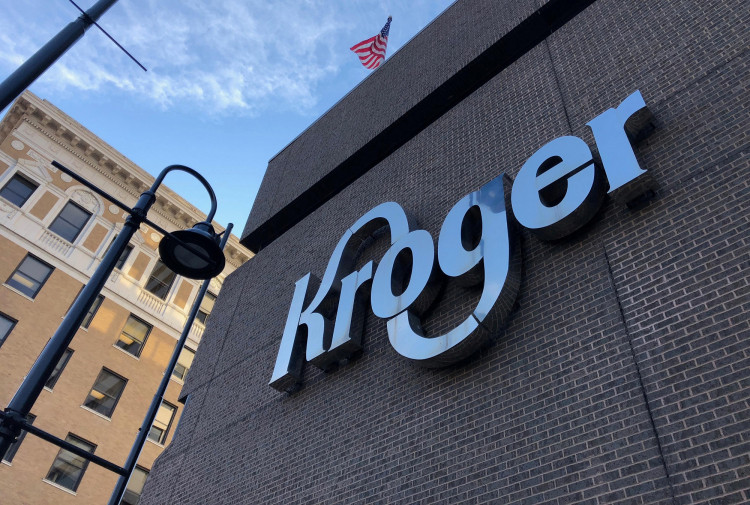The Federal Trade Commission (FTC) has initiated a legal battle to halt the proposed $24.6 billion merger between two of America's leading supermarket chains, Kroger and Albertsons, citing concerns over potential negative impacts on consumers and employees. This move, which involves a bipartisan coalition of nine attorneys general, underscores the regulatory apprehension surrounding the deal's implications for grocery prices and worker wages amidst an inflationary economic environment.
The FTC's administrative complaint and subsequent lawsuit argue that the merger would lead to increased grocery prices and a decline in wages and working conditions for grocery store employees. Henry Liu, the FTC's Bureau of Competition Director, emphasized the detrimental effects the merger could have on consumers already burdened by financial strains and on essential grocery workers.
Despite the FTC's objections, Kroger defended the merger, asserting that blocking the deal would, paradoxically, harm the very consumers and workers the FTC aims to protect. The company argued that the merger is essential for competing with larger, non-unionized retailers and for preventing the exacerbation of food deserts and inflation.
Albertsons also criticized the FTC's stance, claiming that the regulatory body is overlooking the increasing dominance of larger retailers such as Walmart, Amazon, and Costco. The company expressed disappointment in the FTC's reliance on an outdated perspective of the grocery industry and vowed to present its case in court.
The backdrop to this legal challenge includes a period of significant inflation, with food prices soaring, making the cost of groceries a central issue for consumers and a contentious point in political discussions. President Joe Biden recently criticized grocery chains for maintaining high profit margins despite consumers' struggles with rising food costs.
The proposed Kroger-Albertsons merger, announced in October 2022, aims to create a formidable entity capable of narrowing the market share gap with Walmart, the current leader in the U.S. grocery sector. The combined operations would encompass around 5,000 stores nationwide, including well-known supermarket banners like Safeway, Vons, and Harris Teeter.
To address antitrust concerns, Kroger previously announced its intention to divest over 400 stores to C&S Wholesale Grocers, which owns Piggly Wiggly, among other assets. However, the FTC remains unconvinced that the divestiture would adequately preserve competition, describing the proposal as creating a "hodgepodge" of assets that would fail to rival the merged entity effectively.
The FTC's opposition reflects broader skepticism under the leadership of Chair Lina Khan, who has been critical of divestitures as a means to ensure competitive markets. Khan's previous criticisms of the FTC's handling of Albertsons' merger with Safeway in 2014, which resulted in Haggen's bankruptcy following a substantial acquisition of stores, underscore her cautious approach to similar deals.
As the legal battle unfolds, the outcome of the FTC's lawsuit against the Kroger-Albertsons merger will have significant implications for the U.S. grocery landscape, potentially reshaping competition, pricing strategies, and the future of supermarket chains nationwide.





